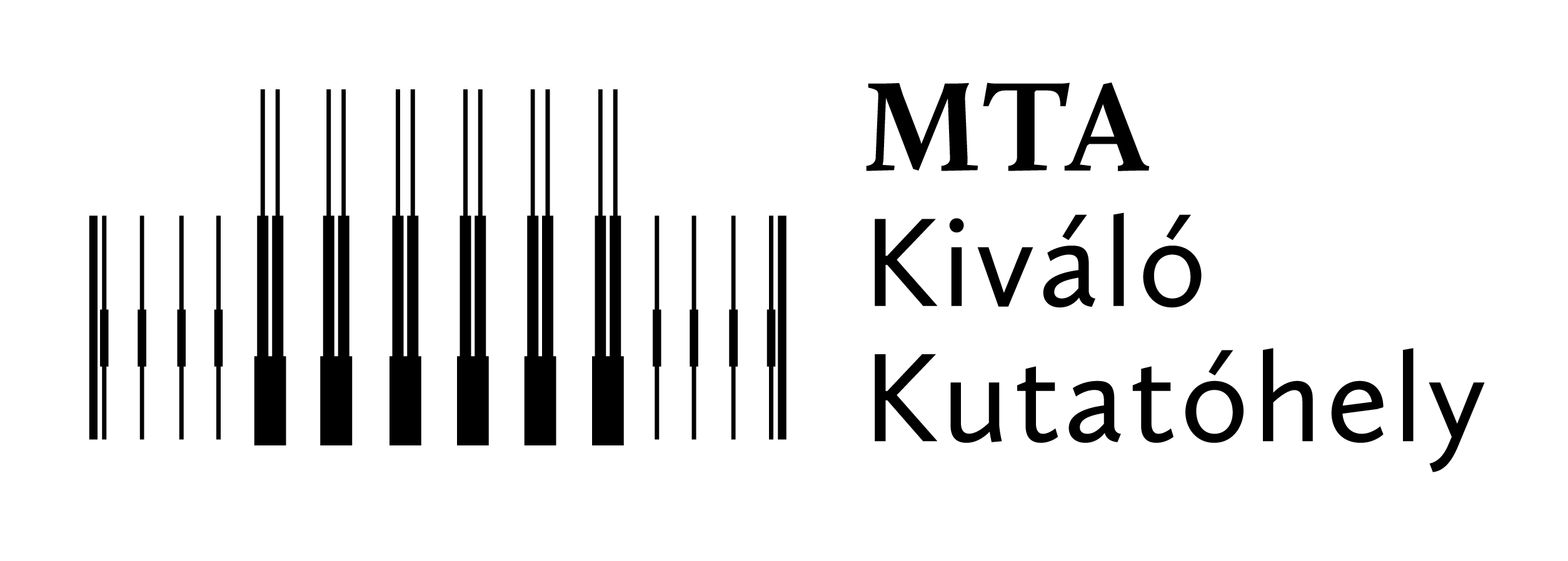Generalized trust towards unknown others is claimed to be the source of all forms of trust related to interpersonal situations or more comprehensive social, cultural, institutional constellations. Accordingly, the theorem of generalized trust aims for a distinguished conceptual status in trust research agendas. Yet there are still relevant validity issues about the empirical identification, operationalization, and measurement of generalized trust. The current project addresses this deficiency in a novel framework of problematization. It shifts the focus from generalized trust in itself to the linkage between generalized trust and its functions of promoting individual wellbeing and social integration and cohesion. If generalized trust really contributes to these micro and macro level developments, then the two should be measured together as intensional and extensional components of the same notion.
By this, the project strives to conclude important findings about (1) the validity of relevant survey tools of generalized trust; (2) the needs of further theoretical clarifications; (3) various societies’ and social groups’ patterns of trust (by comparative statistical survey analyses). Beside these objectives, the project aims to better understand generalized trust in Hungary as well, which seems to be an interesting case due to certain socio-political dynamics, so a Hungarian field research of cognitive interviews may add crucial reflections to both the experimental measurement tools and theoretical elaborations of generalized trust.
Leader of the research group: Ákos Bodor
Members of the research group:
Dávid Erát
Katalin Füzér
Zoltán Grünhut
Márk Hegedüs
Ákos Huszár
Ádám Páthy
Duration of the project: 01.10.2022 – 30.09.2025


